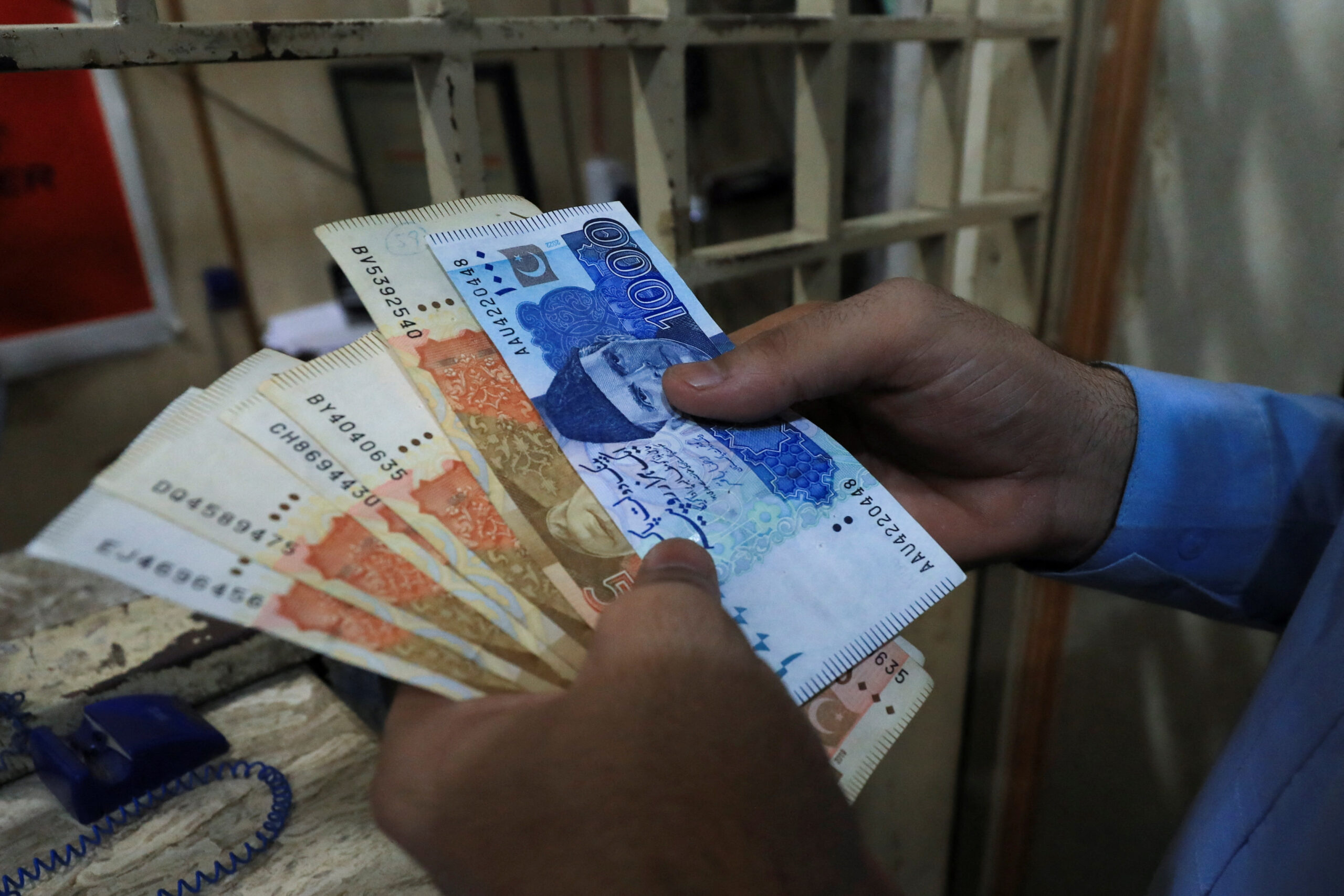The Federal Board of Revenue (FBR) successfully recovered Rs23 billion from 16 leading banks on February 21, 2025, just a day after the Sindh High Court (SHC) dismissed financial sector petitions challenging the windfall tax.
According to an informed source, the recovery effort was led by Prime Minister Shehbaz Sharif, who personally ensured the allocation of resources for FBR’s legal representation. The initiative was supported by the governor of the State Bank of Pakistan (SBP), the FBR chairman, and a dedicated legal team.
The court’s ruling upheld the windfall tax imposed under Section 99D of the Income Tax Ordinance, 2001. A source highlighted that the decision represents a critical step in curbing corporate tax avoidance and dismantling legal strategies that have long shielded powerful financial institutions from taxation.
“For decades, the wealthiest entities in Pakistan have exploited legal avenues to delay or evade taxes, shifting the burden onto lower-income groups. This time, however, the system is working in favor of tax enforcement,” the source noted. The introduction of the 26th Constitutional Amendment, which established Constitutional Benches in the Supreme Court and high courts, has played a key role in expediting crucial tax cases.
Previously, elite taxpayers leveraged expensive legal teams to stall tax-related cases for years, creating prolonged litigation that delayed revenue collection. In contrast, the FBR often struggled with limited legal resources. In response, the prime minister ensured the department had access to top legal representation to counter such tactics.
The windfall tax, introduced through the Finance Act 2023, enables the government to impose up to a 50% levy on extraordinary profits generated due to economic fluctuations. Between 2021 and 2023, Pakistan experienced significant financial instability, with the rupee depreciating from Rs168 per US dollar in 2020 to Rs286 in 2023. This currency devaluation created artificial demand for foreign exchange, which banks capitalized on, earning substantial profits.
To address this, the government introduced SRO 1588(I)/2023 on November 21, 2023, imposing a 40% tax on foreign exchange income earned by banks over the previous two years. The concept of windfall taxation is widely practiced in various countries, including the US, UK, Italy, Romania, Greece, Spain, and Poland.
Buoyed by the success of the windfall tax, authorities are now focusing on enforcing other stalled revenue measures targeting high-income groups. These include the Super Tax (Sections 4B & 4C), tax on undistributed reserves, Capital Value Tax (CVT) on foreign assets, tax on deemed income from unutilized real estate, and inter-corporate dividends.
Legal teams are being strengthened to ensure that corporate tax evasion through prolonged litigation is effectively countered.
The rapid collection of Rs23 billion within 24 hours of the court ruling marks a turning point in Pakistan’s taxation framework. “This is just the beginning,” the source asserted. “With firm political will, an evolving judicial approach, and strategic legal oversight, Pakistan is moving toward a fairer tax regime where the privileged can no longer escape their fiscal responsibilities.”










